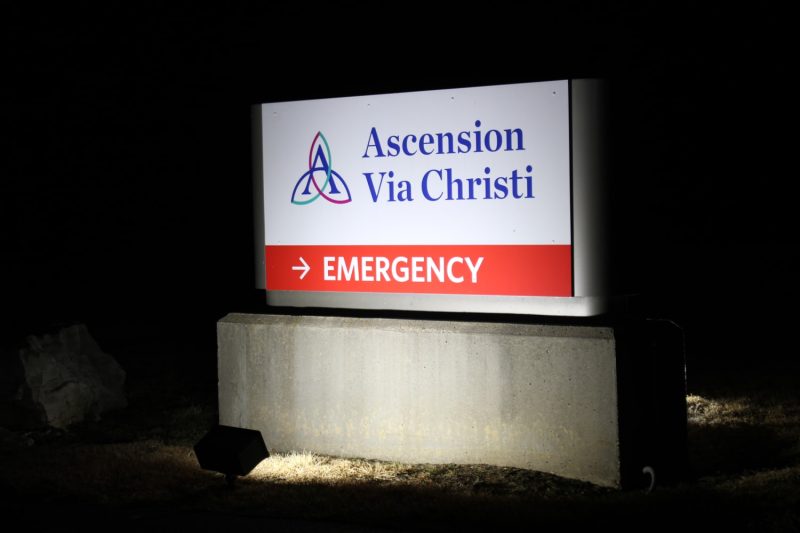
Breaking News: Ascension Health, Top U.S. Catholic Hospital Chain, Plagued by Cyberattack – Patient Care in Peril
Ascension Health, Largest Catholic Hospital Chain in the U.S., Hit by Cyberattack Disrupting Patient Care
The recent cyberattack on Ascension Health, the largest Catholic hospital chain in the U.S., highlights the growing threats faced by healthcare providers in the digital age. The attack, which occurred earlier this month, disrupted patient care across multiple facilities, raising concerns about the vulnerability of critical healthcare infrastructure to malicious cyber activities. In response to the incident, Ascension Health has mobilized its IT and security teams to contain the breach and restore normal operations as quickly as possible.
Cybersecurity experts warn that healthcare organizations are prime targets for cybercriminals due to the sensitive nature of the data they handle and the potential impact of breaches on patient safety. The attack on Ascension Health serves as a stark reminder of the importance of robust cybersecurity measures in safeguarding healthcare systems and maintaining the trust of patients and the public. In today’s interconnected world, where digital technologies play an increasingly essential role in healthcare delivery, the need for proactive cybersecurity strategies has never been more critical.
The consequences of a cyberattack on a healthcare provider can be devastating, affecting not only the organization itself but also the patients who rely on its services for essential care. Disruptions to hospital operations can lead to delays in treatments, compromised patient information, and even endanger lives in critical situations. The incident at Ascension Health underscores the urgent need for all healthcare organizations to prioritize cybersecurity and invest in advanced technologies and training to mitigate the risk of cyber threats.
The healthcare sector must adopt a proactive approach to cybersecurity, implementing robust defense mechanisms to detect and respond to threats before they escalate. Regular cybersecurity assessments, employee training programs, and incident response plans are essential components of a comprehensive cybersecurity strategy that can help prevent, detect, and contain cyber threats effectively. By enhancing their cybersecurity posture, healthcare organizations can better protect patient data, ensure the continuity of care, and preserve the trust of their stakeholders.
As the digital transformation of healthcare continues to accelerate, the cybersecurity landscape is evolving rapidly, presenting new challenges and opportunities for healthcare providers. Collaborative efforts between healthcare organizations, cybersecurity experts, and government agencies are crucial in addressing the cybersecurity threats facing the healthcare sector and building a resilient defense against malicious actors. By sharing best practices, resources, and threat intelligence, stakeholders can collectively strengthen the cybersecurity posture of the healthcare industry and safeguard the integrity of patient care.
In conclusion, the cyberattack on Ascension Health underscores the urgent need for healthcare organizations to enhance their cybersecurity defenses and prepare for the growing threat of cyber incidents. By investing in robust cybersecurity measures, implementing proactive strategies, and fostering collaboration with cybersecurity experts, healthcare providers can better protect patient data, ensure the continuity of care, and uphold the trust of the communities they serve. In a constantly evolving digital landscape, cybersecurity must be a top priority for healthcare organizations to mitigate risks, safeguard critical infrastructure, and uphold their commitment to patient safety and well-being.
